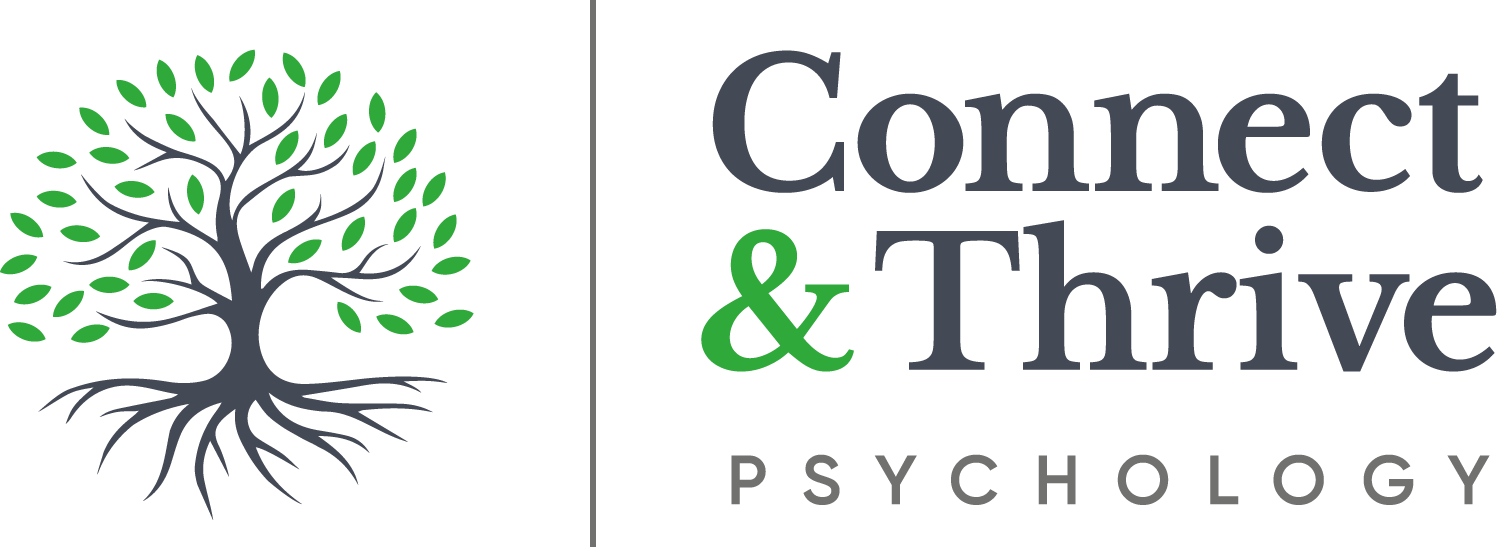For Community Members
“No one can whistle a symphony. It takes a whole orchestra to play it.”
– H.E. Luccock
What we do
Connect and Thrive Psychology works with academic, workplace, and community organizations to provide information on a variety of mental health related topics. Our presenters are personable and engaging, and we can adopt a didactic or an interactive format depending on your needs. The content of our presentations is at once grounded in research and can be practically applied. We also aim to develop the content of our presentations in collaboration with your organization, to ensure that the messaging is relevant and helpful to your members.
Why we do it
Engaging with our community through public speaking, guest lectures in academic settings, as well as informational seminars and workshops for workplace and community organizations, is one of the most meaningful parts of our work. In so doing, we can connect with more people than would otherwise be possible if our work was confined to therapy alone. We can also connect with people who may not have ready access to mental health services, or who have not yet have had much exposure to the mental health world. Supporting mental health in our community in this way, effectively expands our reach. As a result, resources that are helpful in healing, learning, growing and thriving, find their way into more schools, workplaces, households, families and relationships.
Commonly requested seminar and workshop topics:
- Mental health and well-being. A three-part series orienting the audience to:
- Fundamental ideas in psychology and mental health
- Strategies to improve one’s personal wellbeing
- Strategies to support others with mental health challenges
- Burnout: Signs, recovery and prevention
- Navigating the mental health world, as a client
- Mindfulness 101
- Fundamentals of emotion regulation
- Communication in relationships
- “We are expecting”: What couples can do to safeguard their relationship when baby is on the way
- Stigma towards mental illness: What it is, and what can be done
- I’m interested in becoming a mental health therapist. What next?
Interested in having a member of our team speak at one of your events?
Connect with us by email or by submitting a request through our contact form. We would be happy to speak with you further about this collaboration.
